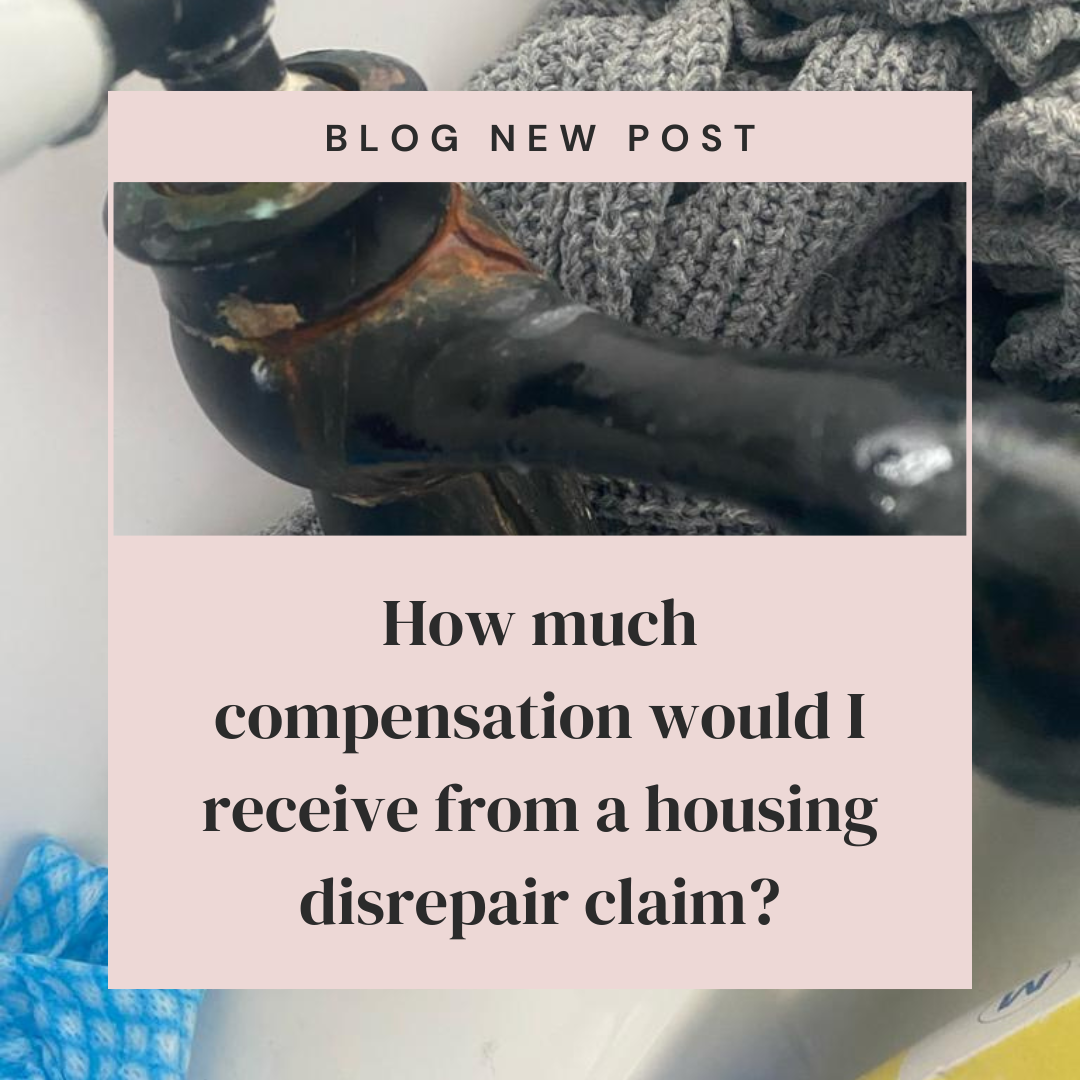How much would I receive from a housing disrepair claim?
How much would I receive from a housing disrepair claim? Are you a social housing tenant facing issues with the condition of your property? Wondering about the compensation you might receive from a housing disrepair claim? Understanding the potential compensation is crucial when addressing housing disrepair concerns. In this guide, we’ll delve into the factors influencing compensation for tenants in England and Wales.
- What Constitutes Housing Disrepair? Housing disrepair refers to problems within your rented property that your landlord is responsible for fixing. This can include issues like damp and mould, structural defects, faulty heating systems, plumbing issues, or electrical problems. If your landlord fails to address these issues, it can impact your health and well-being.
- Assessment of Compensation: Factors to Consider Compensation amounts in housing disrepair claims vary and depend on several factors:
- Severity of Disrepair: The extent of the problem greatly influences compensation. Severe issues impacting health or rendering the property uninhabitable usually lead to higher compensation.
- Duration of Disrepair: How long the disrepair persisted before action was taken affects the compensation. Prolonged neglect often results in higher compensation.
- Impact on Well-being: If the disrepair affected your health, caused inconvenience, or disrupted your daily life, it can contribute to the compensation amount.
- Assessing Compensation Levels The compensation amount from a housing disrepair claim can include various elements:
- General Damages: Compensation for the physical or emotional distress caused by the disrepair.
- Special Damages: Reimbursement for financial losses incurred due to the disrepair, such as increased utility bills or damaged belongings.
- Alternative Accommodation Costs: If the disrepair made your property uninhabitable, compensation may cover costs for temporary accommodation.
- Steps to Claim Compensation Initiating a housing disrepair claim involves specific steps:
- Inform Landlord: Report the issue to your landlord or housing authority in writing, allowing a reasonable time for repairs.
- Seek Legal Advice: Consider consulting a solicitor experienced in housing disrepair claims to guide you through the process.
- Document Evidence: Keep records of correspondence, photographs, receipts, and medical reports to support your claim.
- Conclusion While estimating the exact compensation amount for a housing disrepair claim can be challenging, understanding the influencing factors is crucial. Seeking professional advice and documenting evidence significantly strengthens your case.
If you’re a social housing tenant in England or Wales experiencing housing disrepair issues, don’t hesitate to take action. Your well-being matters, and you may be entitled to compensation for the inconvenience and distress caused by the negligence of your landlord.
Important links
Housing Disrepair Advice: https://housingdisrepairadvice.org/contact
Housing Ombudsman: https://www.housing-ombudsman.org.uk/
